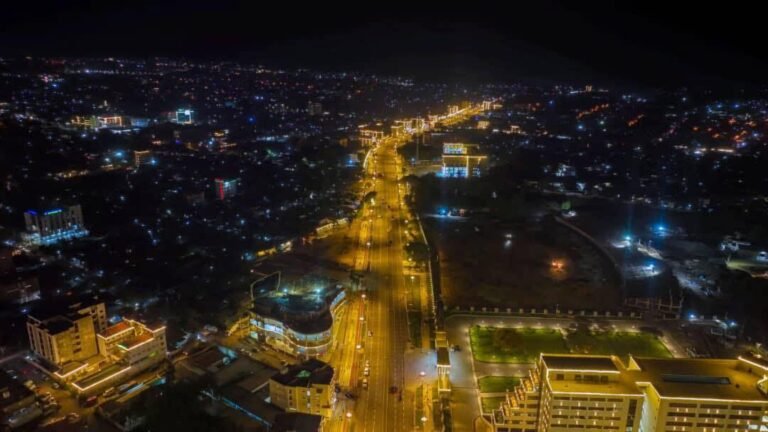
ECOWAS Meeting in Ghana
The ECOWAS Commission has been advised to pay particular attention to issues related to the expansion of agriculture and agribusiness in its Vision 2050 agenda, given the great potential of the sector to provide employment for the youth and ensure food security.
Stakeholders at the just ended consultative meeting with traditional and religious leaders on ECOWAS Vision 2050 in a communique recommended that these efforts should take into account the importance of the livestock sub-sector for the rural areas.
It added that the efforts should also lead to mechanisms for the prevention and resolution of conflicts between herders and farmers.
Stakeholders further underscored the need to pay greater attention to education and health issues, so as not to exclude anyone in the fight against poverty.
“To this end, vulnerable groups including the handicapped, children and women must be prioritised as well as the issue of employability of young people,” the communique read.
“There is the need to pay greater attention to education and health issues, so as not to exclude anyone in the fight against poverty. To this end, vulnerable groups including the handicapped, children and women must be prioritised as well as the issue of employability of young people,” it added.
Development
On development, the participants noted that improving governance and fighting corruption would increase the impact and quality of Member States’ development efforts.
“We add to these governance issues the need to improve the implementation of already adopted Community policies,” it said.
Beyond that, the stakeholders called on the ECOWAS Commission to establish a permanent consultative forum for traditional and religious leaders of ECOWAS member sates.
Thy noted that such a forum should meet “at least once a year, with standing Executives to manage the affairs of the Round Table of Traditional and Religious Leaders, within of the framework of implementation of Vision 2050.”
The Commission was commended for the holistic, inclusive and innovative approach to the analysis of the region’s development challenges and economic policy formulation.
The participants therefore pledged to work with Commission in peace building, conflict resolution and mediation, as enshrined in the peace and security architecture of ECOWAS, cultural exchanges, sporting activities and local cultural and arts exhibitions, ccommunity enlightenment, facilitating the youth to participate in agricultural programmes, environmental protection, promoting inter-religious harmony, border security and prevention of cross border criminality and citizen identification.
The event
The consultative meeting with traditional and religious leaders on ECOWAS Vision 2050 was held on February 25 and 26 at the palace of Osagyefuo Amoatia Ofori Panin, at Kyebi in the Eastern Region.
The ECOWAS Vision 2020 was adopted in June, 2007 by the Authority of Heads of State and Government of ECOWAS as the development blueprint for the transformation of West Africa into a borderless, peaceful and prosperous region by 2020.
It came to an end in December 2020, necessitating the development of a roadmap for the preparation of the post-2020 vision – now referred to as ECOWAS Vision 2050. The processes to fashion out the ECOWAS Vision 2050 commenced in January 2019, and the meeting was part of that ongoing process.







